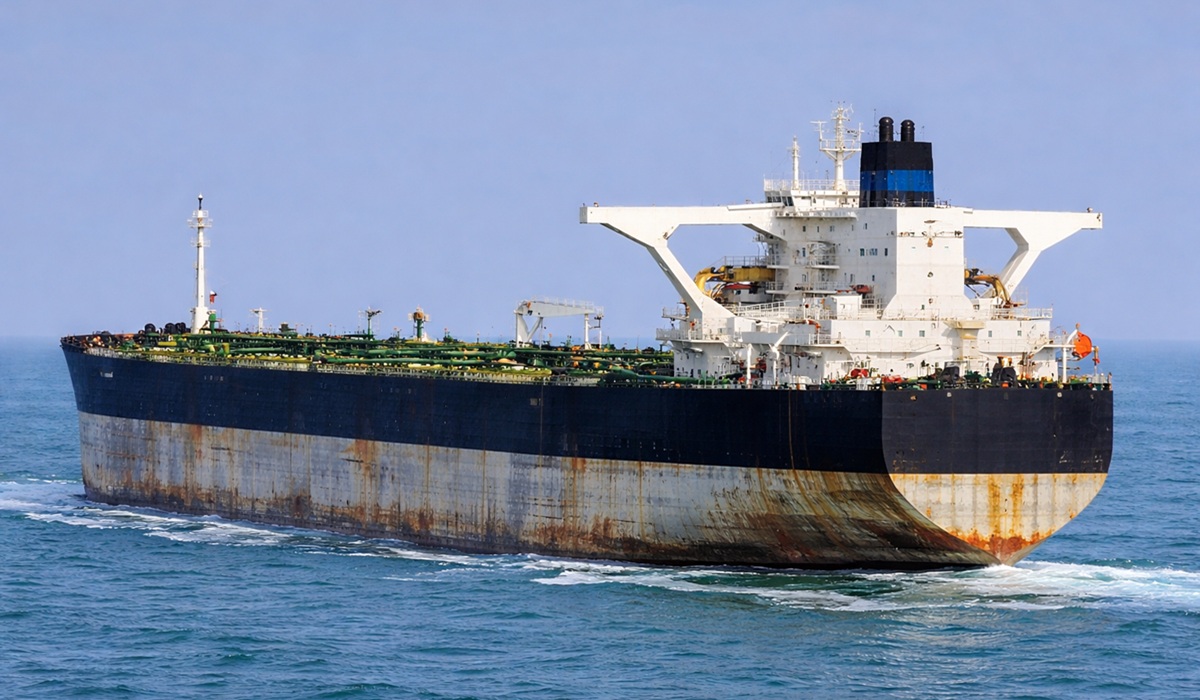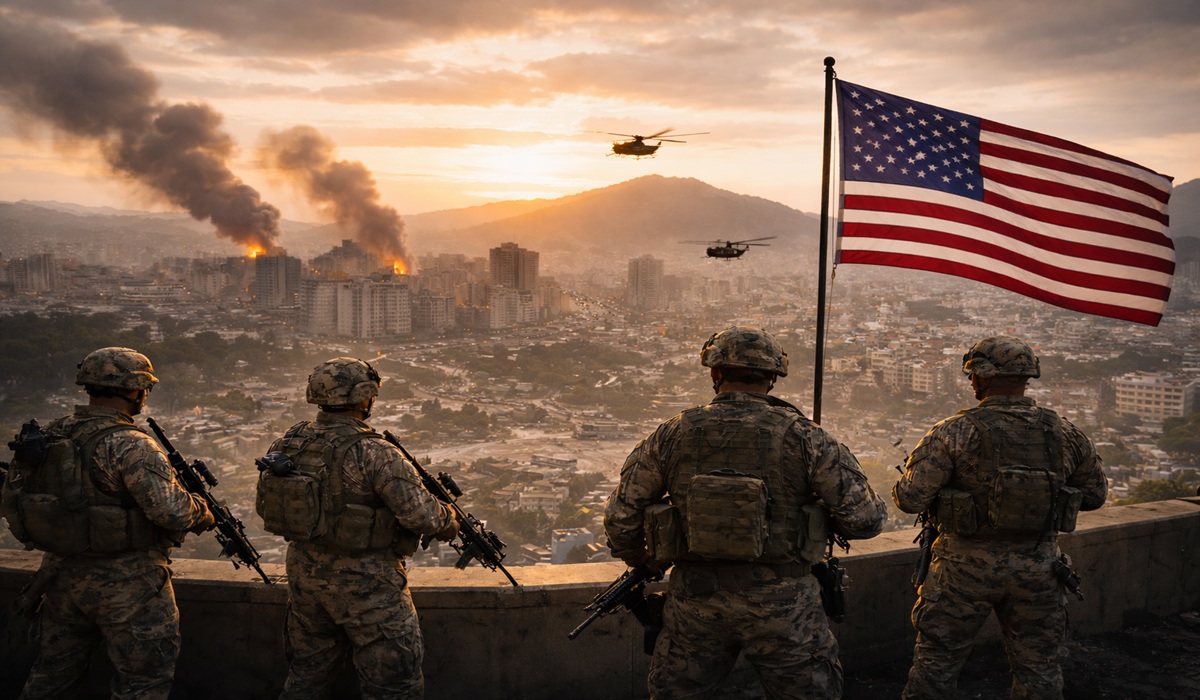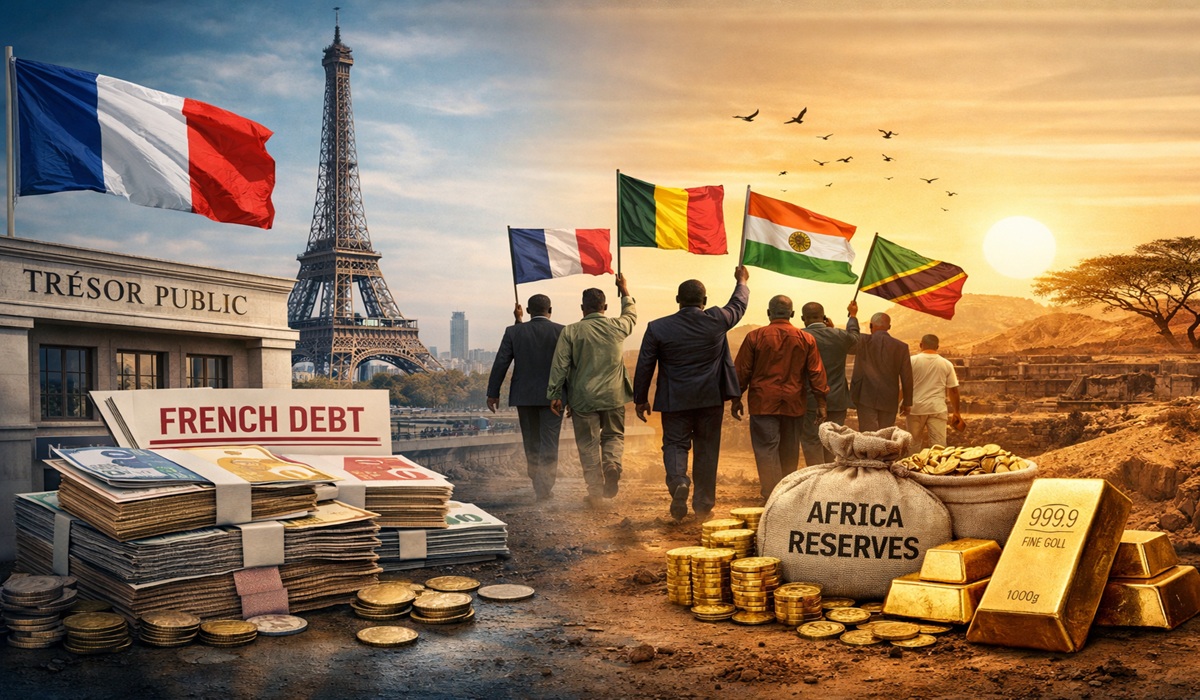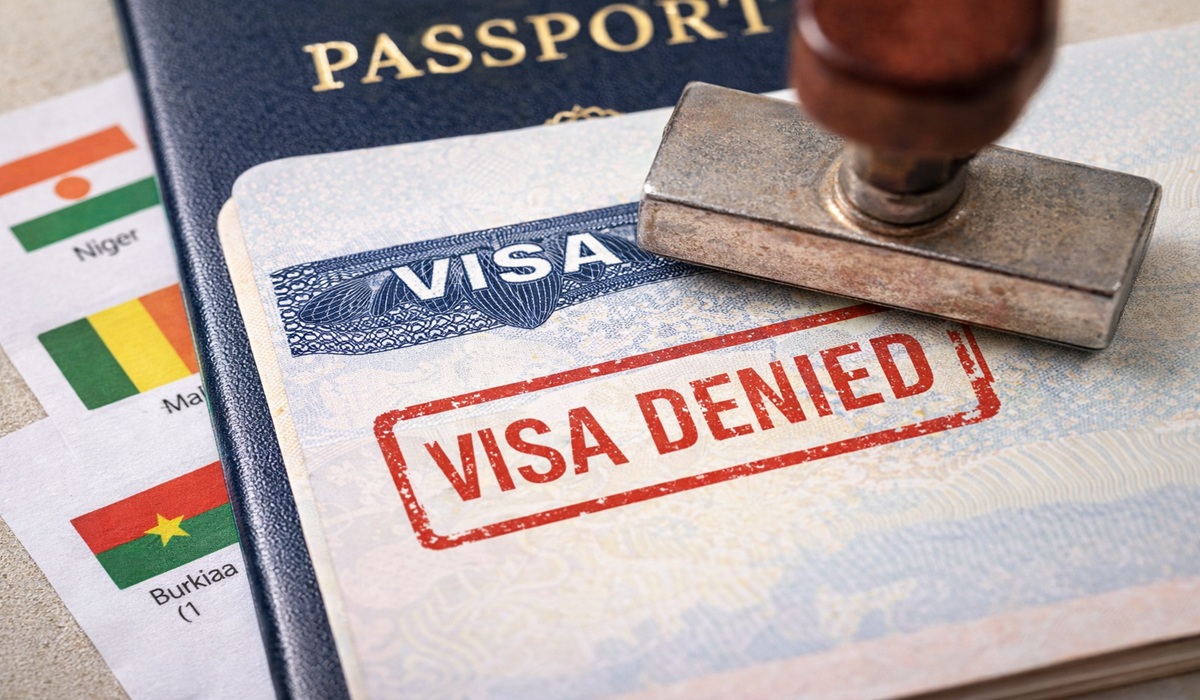Ivory Coast on the Brink: Stop Calling It a Coup—This Is a Revolution
- TDS News
- Africa
- Breaking News
- May 24, 2025
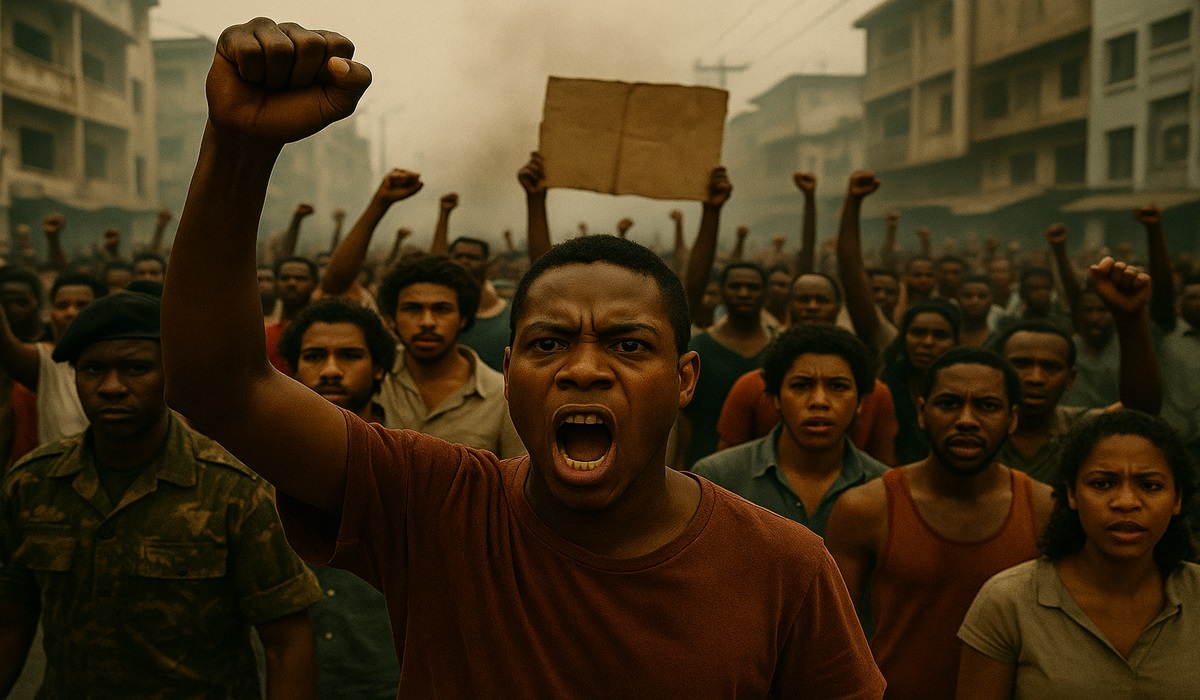
The headlines cautiously whisper of a “coup” unfolding in Côte d’Ivoire, but let’s stop playing games with words. This is no coup. It’s a revolution—a raw, unapologetic rejection of the post-colonial puppetry that has held the African continent hostage for far too long. What we are witnessing in the Ivory Coast is not a mere military reshuffling; it’s a boiling over of decades of betrayal, suppression, and French-backed political theater that has left a resource-rich nation in chains of poverty.
Ivory Coast, a country endowed with cocoa, gold, oil, and fertile lands, has remained a loyal servant to France long after the tricolour stopped flying officially. In exchange, the people have been rewarded with economic despair, stifled democratic freedoms, and leaders who look more to Paris than to the cries of their own citizens. President Alassane Ouattara, a figure as elusive as he is enduring, has ruled the country either directly or indirectly since 2010, with his grip tightening after a controversial third term win in 2020—one that many say violated the spirit, if not the letter, of the Ivorian Constitution. For most Ivorians, Ouattara has become a symbol not of leadership, but of loyalty to Western interests.
And now, as the situation unravels, information is becoming scarce. Reports of internet blackouts and communications crackdowns are emerging. The familiar tactic: when a regime fears the people, it cuts the lines of sight. In doing so, it tries to isolate the revolution and mask its own desperation. But the truth leaks through, carried on the voices of the diaspora, whispered across borders, and amplified by Africans who refuse to be silenced.
What’s happening in Côte d’Ivoire is part of a wider continental uprising—a kind of African Spring. Much like the Arab Spring that ignited in Tunisia in 2010 and toppled entrenched regimes across North Africa and the Middle East, the African Spring is rooted in a collective refusal to accept foreign control, puppet governments, and generational poverty. The Arab Spring was fueled by youth, social media, and the unbearable contradiction of stagnant economies run by self-serving elites. Sound familiar?
From Mali to Burkina Faso, from Niger to Chad, the winds are shifting. Africa’s youth are not content to inherit the ashes of what colonialism left behind. They are challenging not only corrupt leaders but also the foreign powers—especially France—that continue to manipulate African politics through economic dependencies, military presence, and backroom deals.
Ivory Coast’s establishment tried to shield itself from the same revolutionary tide that swept away the governments of Ibrahim Boubacar Keïta in Mali and Mahamadou Issoufou’s successor in Niger. Yet loyalty to Paris has not made the streets of Abidjan any safer or the stomachs of the people any fuller. And worse, the Ivorian government has actively isolated itself from rising African leaders who reject imperialist influence—figures like Captain Ibrahim Traoré of Burkina Faso, a young, pan-African revolutionary whose anti-colonial stance stands in sharp contrast to Ouattara’s polished allegiance to the Élysée Palace.
That isolation now looks like political suicide. The very youth who are demanding change see Traoré and others not as threats, but as beacons of a new era. They do not fear the revolution; they are its authors.
The real question now is not whether the old guard in Côte d’Ivoire can survive this moment. It’s whether Africa will seize it. Will this fire spread to other nations still strangled by colonial arrangements disguised as aid and cooperation? Will African leaders finally prioritize their people over Paris or Washington? And most urgently, will the global community stop pretending that these popular uprisings are isolated military coups rather than what they truly are—an African people’s cry for sovereignty, dignity, and self-determination?
The West may scramble to condemn, sanction, or “restore order,” but they are too late. Africa is awakening. Its spring has come. The revolution in Ivory Coast is not a warning—it’s a promise. A new Africa is being born, not in silence, but in the roar of people who will no longer be silenced.

